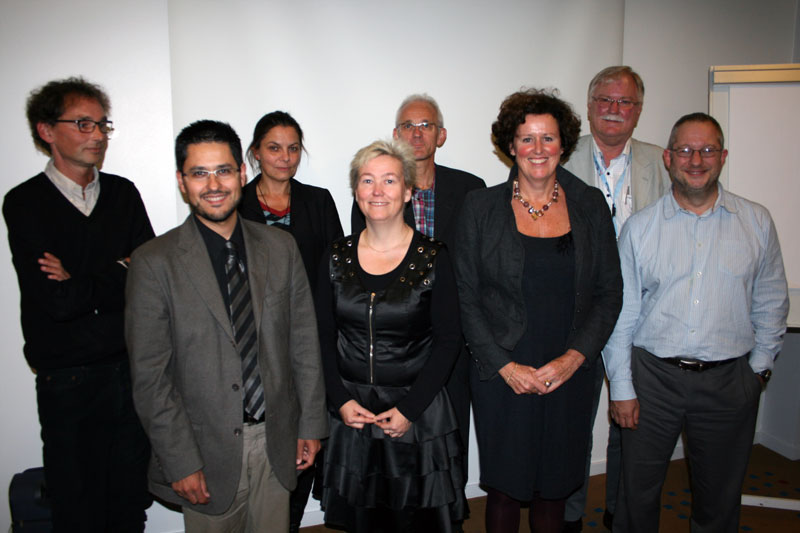1. Increasing awareness that ADHD is a lifelong condition

Diva Board Meeting 2010
- 2002-2011: National symposia and courses on ADHD
- 2010: European Consensus Statement on Adult ADHD, Kooij et al., BMC Psychiatry 2010,10:67. [link]
- 2010: European Textbook on Adult ADHD: ADHD in Adults. Ed. by Jan K. Buitelaar, Cornelis C. Kan, and Philip Asherson. Cambridge University Press. [link]
- 2011: First International ENAA symposium ‘ADHD a lifespan condition’, hosted by UKAAN, London. [link]
- 2011: ENAA has 22 member countries, including Israel and Lebanon
- 2013: ENAA has 24 member countries.
- 2013: Second International ENAA symposium ‘ADHD Worldwide’, in Tel Aviv, together with The American Professional Society of ADHD and Related Disorders (APSARD) and the United Kingdom Adult ADHD Network (UKAAN).
2. Improving diagnostic assessment and treatment

DIVA 2.0 App
- 2007: Publication of DIVA, the first edition of The Diagnostic Interview for ADHD in adults in Dutch, developed at PsyQ, psycho-medical programs in the Hague, the Netherlands. DIVA is online available for free at Kenniscentrum ADHD bij volwassenen
- 2008: Translations of DIVA requested by members of the ENAA
- 2010: First DIVA 2.0 published (2nd edition) in English, followed by Norwegian, Swedish, Spanish and Danish, and since that time many more translations are underway
- 2010: Set up of the DIVA Foundation and DIVA Board (see picture). All DIVAs are online available for free at the DIVA Foundation
- 2012: Launch DIVA 2.0 App in the App Store and at Google Play
3. International research
Members of ENAA have published many papers on clinical as well as research topics regarding ADHD, since the start of the European Network and continue to do so. Plans for an international cohort study are being developed.
Lists of publications of ENAA members can be found at the member’s personal pages and at PubMed.
4. Improving access to services
- 2003 – current: Development of national and international continuous education on ADHD in adults for general psychiatric residents, mental health care professionals and general practitioners.
- 2003 – current: Development of multidisciplinary teams for assessment and treatment of adult ADHD
- 2013 – current: Development of online educational films by experts on ADHD including suggested reading
5. Establishing cooperation between professionals involved in child and adult ADHD
- 2011: ADHD Lifespan clinic at PsyQ, The Hague, The Netherlands. At the Lifespan ADHD clinic are all age groups, children, adolescents, adults, and older people with ADHD treated. [link] (Dutch only)
